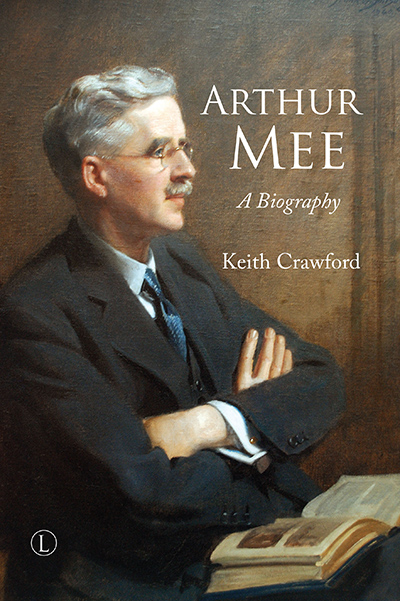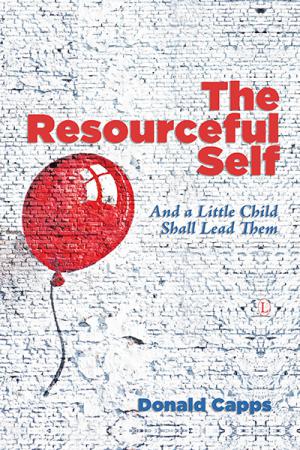Description
Arthur Mee (1875-1943), best remembered as the creator of The Children’s Encyclopaedia, was more than a popular editor, journalist and travel writer; for a generation of young readers and their parents, the name Arthur Mee truly meant something. For many in his audience, the narratives and discourses embedded within his writing tied together and legitimised a trinity of beliefs that lay at the heart of his nonconformist faith and character: God, England and Empire.
Despite the enormous appeal of his many published works, which during the first half of the twentieth century saw him become a household name and a major publishing brand, Mee has remained an ethereal figure. In Arthur Mee, the first full-length account of Mee’s life since 1946, Crawford draws upon a range of Mee’s correspondence to offer for the first time a realistic picture of the man at work and at home as an antidote to the overly romanticised image attached to his name. The book places Mee’s work within the wider cultural, political and social context of an England undergoing unparalleled societal change and technological advancement. Scholars of the history of education, children’s literature and beyond will find much of interest in these pages, and childhood devotees to Mee’s publications may well find themselves transported back to a time of wonder, imagination and hope.
About the Author
Keith Crawford (PhD) is Adjunct Professor of Education in the School of Education at Macquarie University, Sydney. His current research focusses upon the social construction of national identity mediated through school history, geography and civic textbooks, school magazines and newspapers in Australia and the UK. He is the author and editor of numerous articles and books on education, including, with co-editor Stuart J. Foster, What Shall We Tell the Children?: International Perspectives on School History Textbooks.
Contents
List of Illustrations
Acknowledgements
Preface
1. Beginnings
2. Caught in the Harmsworth Web
3. Manufacturing a Brand
4. God, Faith and Evolution
5. A Matchless England
6. An Accidental Empire
7. Society, Humanity and Order
8. The Challenge of the Modern
9. “A Heartbreaking World”
Notes
Bibliography
Index
Endorsements and Reviews
Keith Crawford has conjured up an intriguing portrait of Arthur Mee, the passionate puritan whose Children’s Encyclopaedia made him as famous as HP Sauce. Mee blitzed British culture with his own eccentric mix of nonconformism, Darwinism, imperialism, social reformism and cultural conservatism. Crawford gets inside Mee’s vision in this judicious treatment of one of mass culture’s important but half-forgotten pioneers.
Dennis Smith, Emeritus Professor of Sociology, Loughborough University, author of Conflict and Compromise: Class Formation in English Society 1830-1914
Keith Crawford has produced a sparkling gem of a biography of Arthur Mee, creator of The Children’s Encyclopaedia, but he has done much more than that. In charting Mee’s rise as one of the most influential figures in the production of children’s educational literature in the Anglophone world until the mid-twentieth century, Keith Crawford has artfully captured and analysed the intellectual, artistic and sentimental currents of an age, including their racial, gendered and classed aspects, as they eddied around and were taken up by Arthur Mee.
Josephine May, Associate Professor, Newcastle University, Australia
This attractive produced volume reflects both energetic research and perceptive interpretation.
Baptist Quarterly, Vol 48
Keith Crawford … aims explicitly to meet the needs of both academic and generalist readers, to achieve a critical or intellectual biography while pursuing the personal and professional connections that ‘narrative biography’ requires. … He offers a full and precise account of his influential subject, of family, career and lifestyle. … Crawford’s [book] is distinguished by its generous inclusion of graphic illustrations, reinforcing the journalist Mee’s and the historian Crawford’s attention to the power of visual media.
Peter Cunningham, in History of Education, Vol 47, No 1






